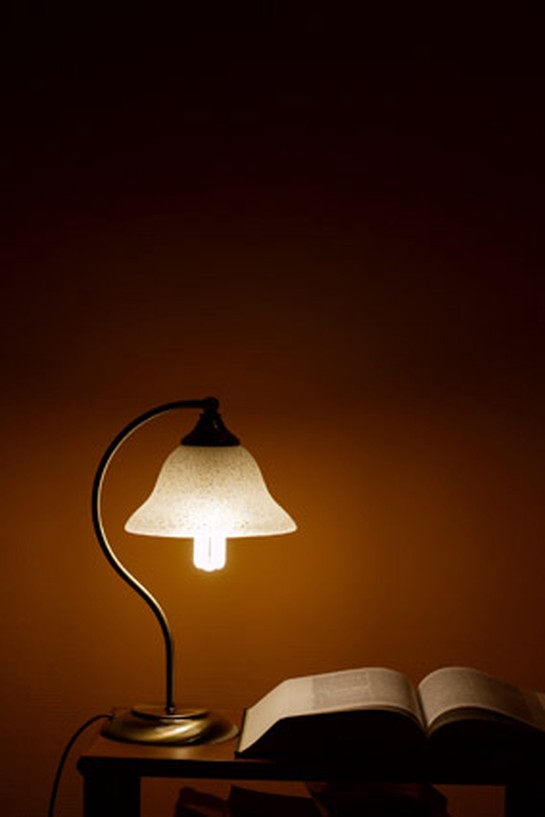What the Sleep Experts Do to Get a Good Night's Rest
They've done the research, they've heard the up-all-week horror stories (as well as the surprise successes)—so, we asked, what works for them?
By Corrie Pikul
They Get Out of Bed
The expert: Michael A. Grandner, PhD, research associate at the Center for Sleep and Circadian Neurobiology at the University of Pennsylvania
The sleep secret: "I used to have a really hard time falling asleep, but I've since learned that spending time awake trains us that the bed is a place for worry and rumination. The bed needs to be a cue for sleep, period. So now whenever I hear that voice that says, 'This sleep thing is not happening'—which could take 10 minutes or 40—I go read or write in a darkened room for at least 30 to 60 minutes. When I try to sleep again, I usually drop right off. In the clinic, this is called stimulus-control therapy, and 20 years of data shows that it can be more effective at treating insomnia than sleeping pills. The problem is that it's much slower to take effect than a pill, and it also has a side effect: you'll probably be tired for the first couple of days. This is why so many people give up and take naps, or sleep in, or refuse to get out of bed at night, and then they're back at square one. For those two sleepy weeks, I suggest patients drink extra coffee, avoid long night drives, and take other stay-awake precautions—but they also need to hang in there."
Sleep disappointment: "I've tried exercise, but it didn't work nearly as well as the stimulus control."
The sleep secret: "I used to have a really hard time falling asleep, but I've since learned that spending time awake trains us that the bed is a place for worry and rumination. The bed needs to be a cue for sleep, period. So now whenever I hear that voice that says, 'This sleep thing is not happening'—which could take 10 minutes or 40—I go read or write in a darkened room for at least 30 to 60 minutes. When I try to sleep again, I usually drop right off. In the clinic, this is called stimulus-control therapy, and 20 years of data shows that it can be more effective at treating insomnia than sleeping pills. The problem is that it's much slower to take effect than a pill, and it also has a side effect: you'll probably be tired for the first couple of days. This is why so many people give up and take naps, or sleep in, or refuse to get out of bed at night, and then they're back at square one. For those two sleepy weeks, I suggest patients drink extra coffee, avoid long night drives, and take other stay-awake precautions—but they also need to hang in there."
Sleep disappointment: "I've tried exercise, but it didn't work nearly as well as the stimulus control."
Published 06/17/2013


